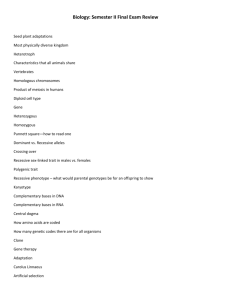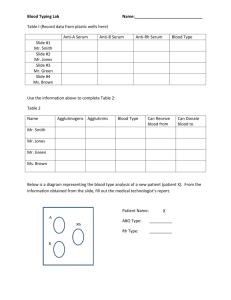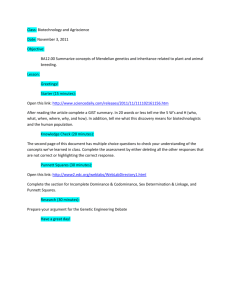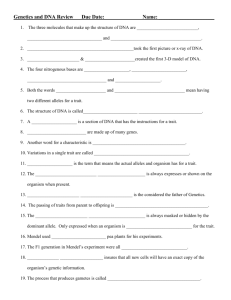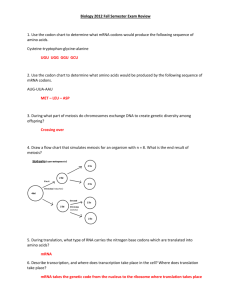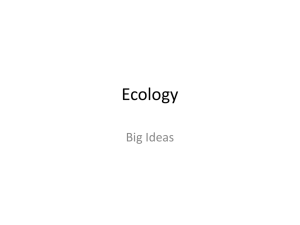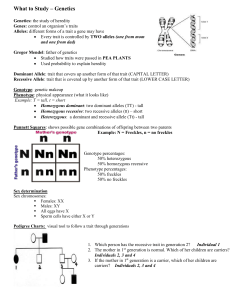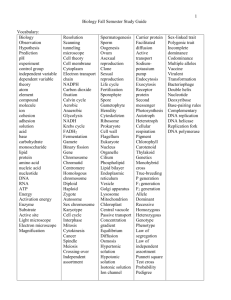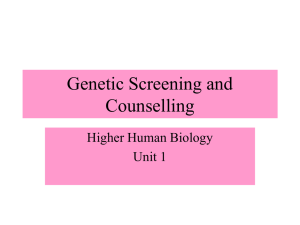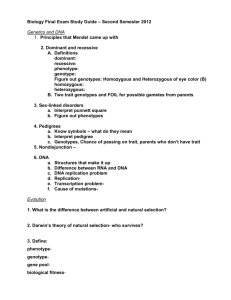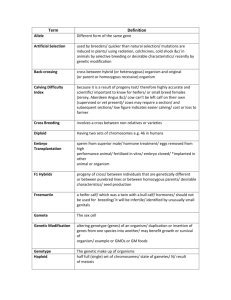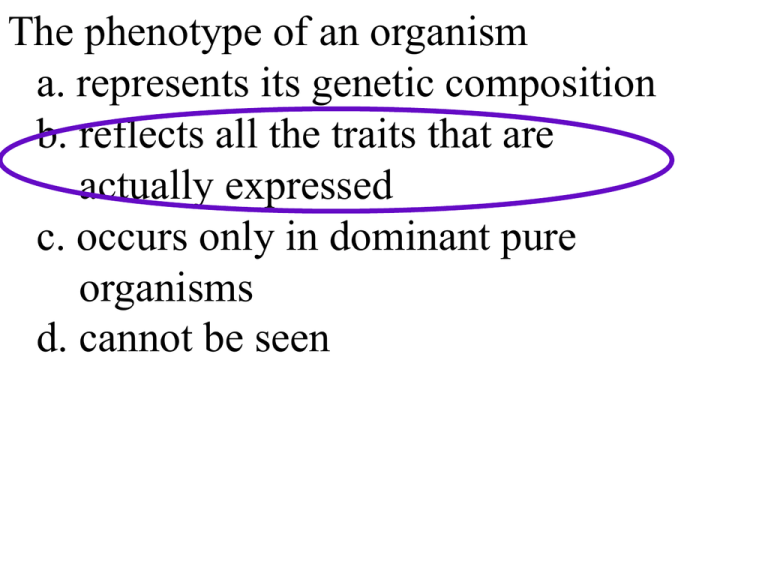
The phenotype of an organism
a. represents its genetic composition
b. reflects all the traits that are
actually expressed
c. occurs only in dominant pure
organisms
d. cannot be seen
An organism having two different
alleles for a trait is called
a. heterozygote
b. homozygous dominant
c. genotype
d. monohybrid cross
If an individual possesses two recessive
alleles for the same trait, the individual is
said to be
a. homozygous for the trait
b. haploid for the trait
c. heterozygous for the trait
d. mutated
Mendel hypothesized that each trait is
controlled by a factor, now called a
a. gene
b. mate
c. hybrid
d. dominance
T = Tall t = short
Give the genotype for each gene
combination:
TT: Homozygous dominant
tt: Homozygous recessive
Tt: Heterozygous
R = round
r = wrinkled
Give the allele combinations for the following
genotypes:
1. Heterozygous round seeds Rr
2. Homozygous round seeds RR
3. Wrinkled seeds rr
Give the phenotypes for the following
genotypes:
4. RR Homozygous dominant
5. Rr Heterozygous
6. rr Homozygous recessive
Which sequence shows the most
complex structure to the least
complex structure?
1. gene – DNA – chromosome
2. DNA – gene – chromosome
3. gene – chromosome – DNA
4. chromosome – gene – DNA
1. Combining DNA from two different organisms
is an example of genetic engineering
2. Combining the desirable qualities of 2 different
organisms into one is referred to as
selective breeding
3. The process in which genetically identical
offspring are produced by using the cells of an
organism is called cloning
1. The type of selective breeding in which
organisms with different traits are crossed is
called Hybridization.
2. The type of selective breeding in which
organisms with similar traits are crossed to
preserve the trait is called inbreeding.
1. What does structure A represent? Gene / DNA
2. What technique is illustrated in the diagram?
Genetic engineering
3. What is this technique used for?
To produce insulin, growth hormone, clotting
factors, genetically modified foods
1. The letter X most likely represents
(1.) bacterial cells that are unable to synthesize insulin
(2.) human cells that are able to synthesize antibodies
(3.) bacterial cells that are able to synthesize insulin
(4.) human cells that are unable to resist antibiotics
2. What is this process an example of?
Genetic engineering
Genetic engineering has been utilized for
the production of
(1) salivary amylase
(2) human growth hormone
(3) hydrochloric acid
(4) uric acid crystals
When humans first domesticated dogs, there
was relatively little diversity in the species.
Today, there are many variations such as the
German shepherd and the dalmation. This
increase in diversity is most closely
associated with
(1) cloning of selected body cells
(2) selective breeding
(3) mitotic cell division
(4) environmental influences on inherited traits
Is this a karyotype of a male or female?
How do you know?
Male
Males have the X and Y sex chromosomes

